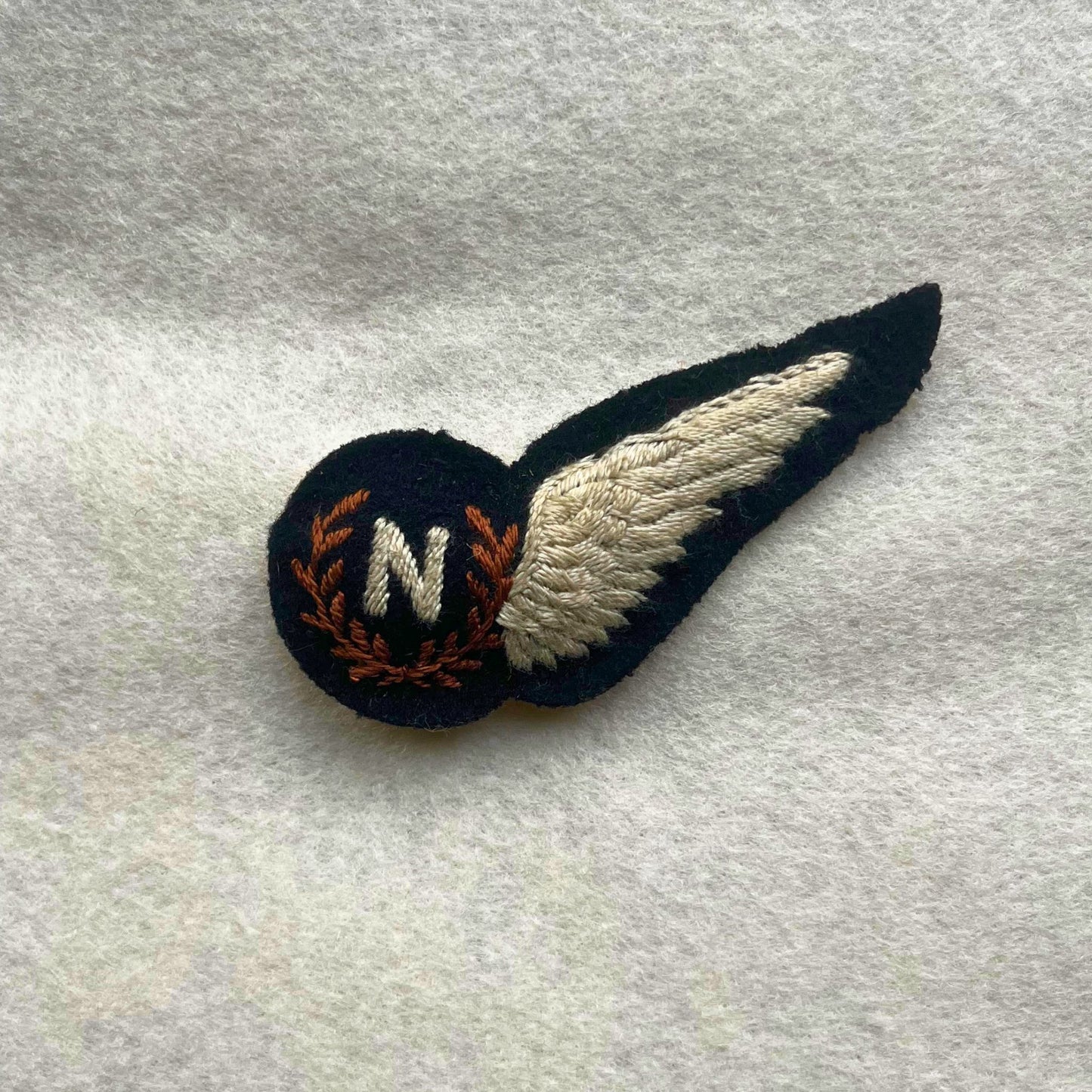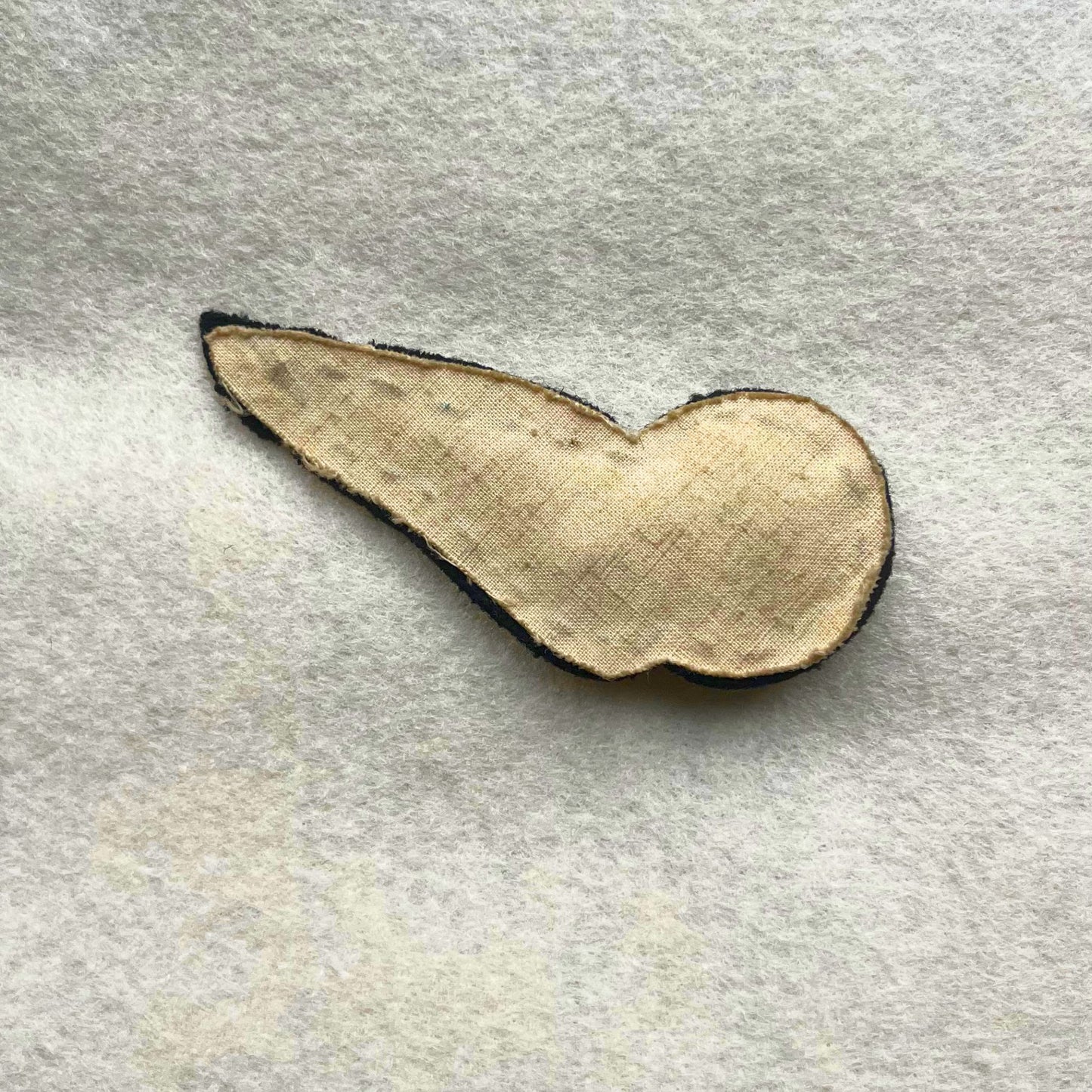Militaria Matters
🇬🇧 RAF Navigators Air Crew Brevet Patch
🇬🇧 RAF Navigators Air Crew Brevet Patch
Couldn't load pickup availability
WW2 era full size padded RAF Navigators brevet, mint condition with no moth damage or stains.
An RAF Navigator during World War II played a crucial role in ensuring aircraft reached their intended targets and returned safely. Navigators were vital members of bomber crews and other multi-crew aircraft, responsible for plotting courses, calculating distances, and determining the aircraft’s position using various tools and techniques.
Role of an RAF Navigator
The role was complex and demanded precision, particularly during night bombing missions over enemy territory.
Flight Planning: Before the mission, the navigator would prepare maps, calculate bearings, and plot the best route using information about enemy defenses, weather conditions, and fuel consumption.
In-Flight Navigation: Using tools such as a sextant, compass, and dead reckoning charts, the navigator would monitor the aircraft’s position and guide the pilot. As technology advanced, they also utilized radar and Gee (a radio navigation system). In bombers, navigators often worked closely with the bomb aimer to ensure precise targeting.
Navigators relayed vital information to the pilot and crew to adjust the flight path or react to changing circumstances.
Navigators had to adapt if their instruments failed or if they needed to evade enemy defenses.
Navigators wore a distinctive “N” brevet above their left breast pocket, indicating their specialization. The badge typically consisted of:
A single wing on the right side with a bold letter “N” embroidered in the center, signifying ‘Navigator’.
The wing was white with a brown wreath and crown, matching the general style of other RAF aircrew brevets.
Navigator training was rigorous, requiring excellent mathematical skills, an ability to interpret maps quickly, and a sharp sense of direction. Many navigators trained in Canada under the British Commonwealth Air Training Plan (BCATP), where clear skies provided ideal conditions for navigation exercises.
Navigators played a pivotal role in the success of strategic bombing campaigns, especially during night raids by the RAF Bomber Command. Given the lack of advanced GPS systems, their skill was essential for mission success and the crew’s survival.
The RAF Navigator’s role was demanding, requiring focus, resilience, and expertise in both mathematics and map reading to guide their crews through some of the most dangerous missions of the war.
Share




